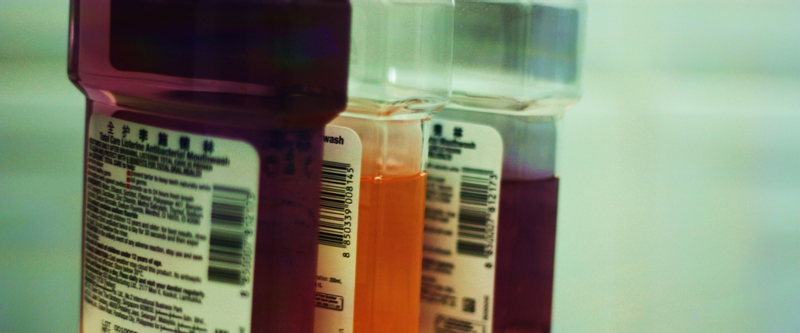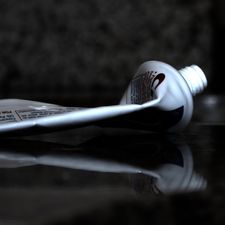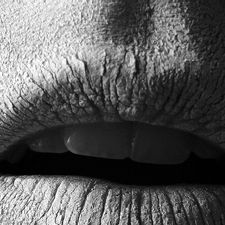Patients at SF Dental sometimes ask if mouthwash is really all that important or whether they should be using it on a regular basis. The short answer, as with anything health-related, is “it depends.”
For the vast majority of people, mouthwash can be highly beneficial and will help prevent cavities, gum disease, and other health problems.
However, dental rinses are not a replacement for proper oral hygiene. Regular brushing and flossing is much more important than using a mouthwash, and you should never use a dental rinse as a replacement for these.
Benefits of Mouthwash
There are many proven benefits to using a dental rinse, whether you use a formulation based on fluoride, alcohol, or chlorhexidine:
- Fewer cavities. Fluoride rinses in particular have been shown by scientific studies to fight cavities by strengthening the teeth and reducing demineralization. Other types of mouthwash can also prove beneficial in fighting the bad bacteria that cause oral health problems.
- Prevents gum disease. Alcohol and chlorhexidine rinses kill many of the bacteria responsible for periodontal disease and gingivitis. This means mouthwash can help you reduce inflammation in your gums and protect against infections that might be painful and costly if left untreated.
- Important for pregnant women. The oral bacteria responsible for gum disease have been shown to increase the likelihood that a woman will give birth to a preterm baby, or that the baby will have a low birth weight. On the other hand, dental studies have shows that women who use mouthwash during pregnancy are less likely to give birth preterm.
- Canker sore relief. If you have issues with canker sores, an alcohol-free or low-alcohol mouthwash can actually provide relief by removing bacteria from the infected area. However, not all rinses are appropriate for canker sores: if you use a high-alcohol rinse, you may experience a strong stinging sensation instead.
Disadvantages of Mouthwash
The benefits of dental rinses significantly outweigh the disadvantages, but there are a few considerations to keep in mind:
- Can mask issues. If you have poor oral hygiene, mouthwash may temporarily cover up your bad breath (halitosis), but it won’t solve the underlying issue. Bad breath is usually a sign that something else is wrong with your oral health. If you have persistent bad breath, don’t rely on a dental rinse alone: discuss with your dentist.
- Overuse may be unhealthy. It is well known that consuming alcohol excessively can predispose you to oral diseases, especially if you smoke—whether or not this also applies to alcohol-based mouthwashes like Listerine is a matter of debate. Research has been ongoing since the 1970s, but we do know that mouthwash is completely safe when used appropriately, which is why the ADA has allowed its Seal of Acceptance to be placed on high-quality brands. That said, if you have poor oral hygiene, smoke, and use an alcohol-based mouthwash frequently throughout the day to cover up bad breath, it is possible that the rinse may be doing more harm than good.
The Bottom Line
The vast majority of people will benefit from the use of some form of mouthwash, but mouthwash is not a replacement for good oral hygiene (i.e. brushing and flossing) and there are potential health consequences to overusing dental rinses.
Further Reading
- American Dental Association. (n.d.). Mouthwash (Mouthrinse).
- Ouhayoun, J.P. (2003). ”Penetrating the plaque biofilm: impact of essential oil mouthwash.” Journal of Clinical Periodontology.
- Sharma, N.C. et al. (2003). ”Antiplaque and antigingivitis effectiveness of a hexetidine mouthwash.” Journal of Clinical Periodontology.






